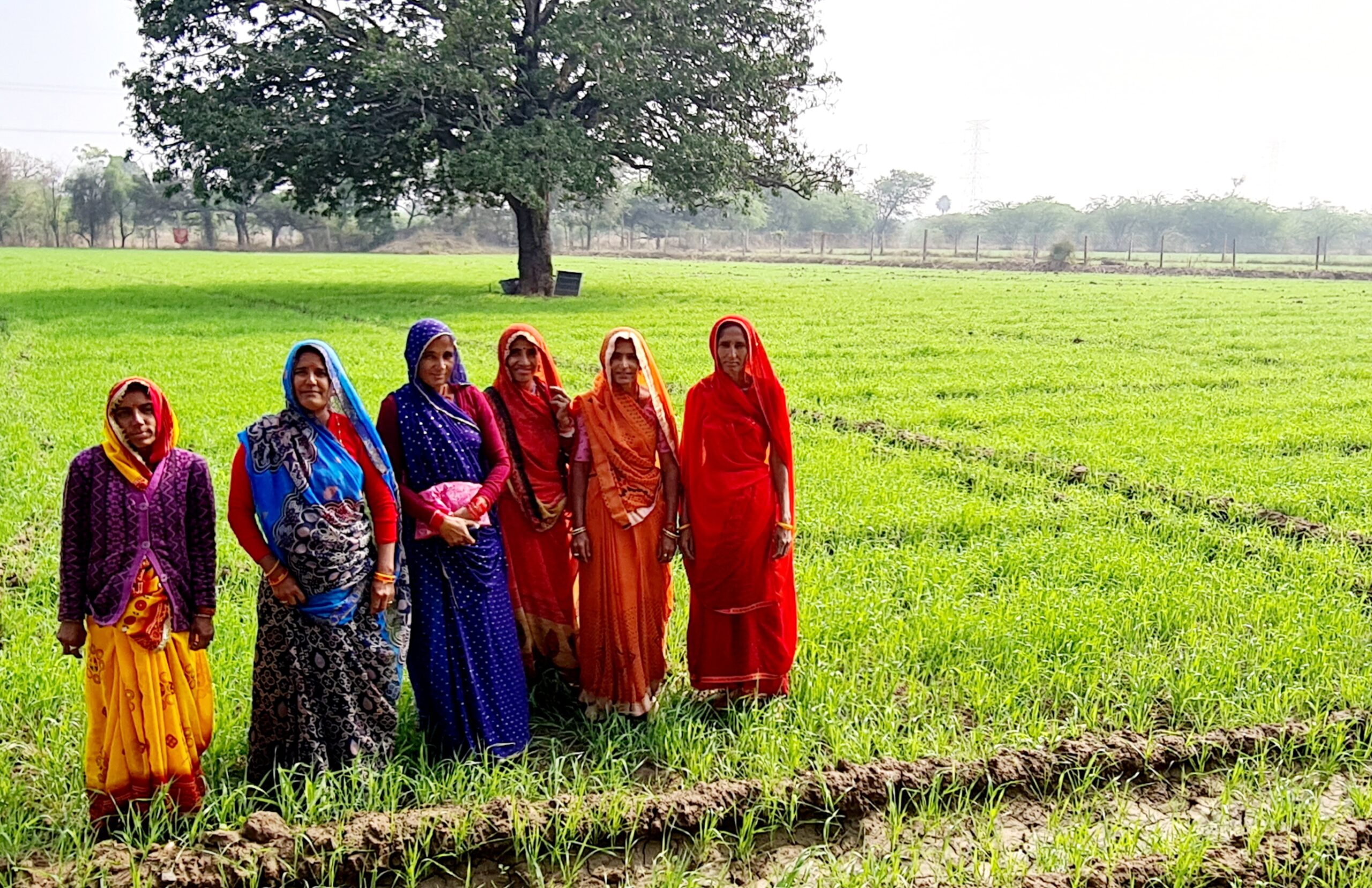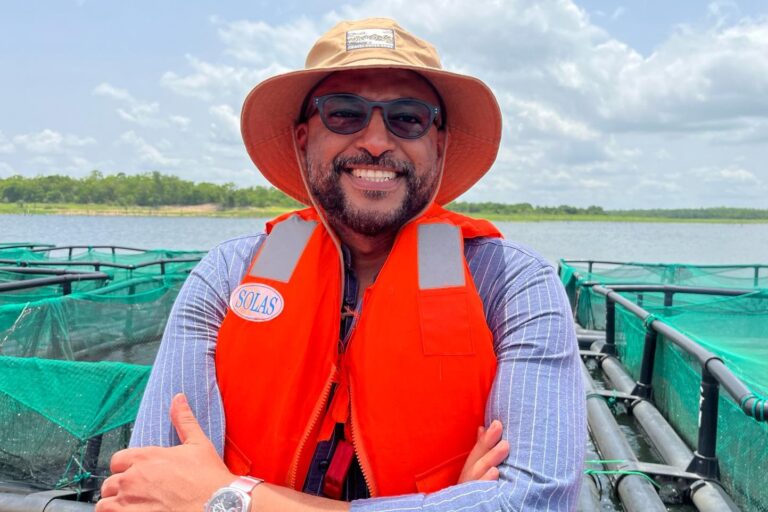By Neena Bhandari
As a child, Pallab Maulik would play with make-shift medical kits, observing his doctor father and nurse mother treat patients and work shifts at the hospitals in Nigeria and India. He followed the family tradition and graduated from the Calcutta Medical College in Kolkata.
He did his residency in Surgery, but soon realised that it wasn’t his strength. “I was drawn to the `Mind’ so I switched to psychiatry”, says Dr Maulik, who trained as a psychiatrist at the All India Institute of Medical Sciences in New Delhi, before going to do his post-graduation in Public Health from the London School of Hygiene and Tropical Medicine (UK) and then a PhD from the John Hopkins School of Public Health in Baltimore (USA).
He was looking for job opportunities after completing his doctoral studies in Baltimore, when he happened to respond to a position advertised by the George Institute for Global Health in India and got the job.
THEN AND NOW: It was 2010 and the Institute was still facing teething problems. “The resources were limited. We had two research staff, besides myself, and no active projects. In the past seven years, we have 30 research staff running 20 projects across different health areas and across multi-sectoral platforms, such as education programs in schools, redressing environment and climate factors impacting on health, and workplace depression and stress”, says Dr Maulik, who is the Deputy Director and Head of Research at the Institute in India and Senior Research Associate at Oxford University [United Kingdom].
MENTAL HEALTH STIGMA: He feels mental health is a hugely neglected area in India and it is affected by stigma, lack of trained resources and health care facilities, and inadequate execution of existing policies. However, people’s response to mental illness is changing for the better.
Dr Maulik brings a wealth of international experience to the Institute from his stint as a Technical Officer in the Department of Mental Health and Substance Abuse at the World Health Organisation (WHO) between 2000 and 2003. “I worked on Project Atlas, which helped plot the resources in mental health globally. It led to several similar exercises across specific mental disorders, and ultimately the conceptualisation and development of the mhGAP tool for service delivery, which is now being used across 90 countries and growing”, he adds.
WHO’s Project Atlas was the first attempt in the year 2000 to gauge the availability of mental health resources in each country. For example, how many psychiatrists and psychiatrist patients did countries have; did they have a national mental health policy, program or legislation; and what kinds of disability benefits did they offer. Since then, the program has evolved to cover specific disorders, such as epilepsy, headache, nursing and neurosurgery.
The WHO’s mh-GAP (Mental Health Global Action Program) tool is diagnosis and treatment guideline based on algorithm for use by primary healthcare doctors, who are not psychiatrists or mental health professionals. It also guides them on the treatment such a patient should receive based on the severity of the case.
The Institute’s programs are using mh-GAP in rural villages and it has proved to be very effective and user-friendly, especially for untrained mental health professionals and primary healthcare doctors.
“Research, especially implementation research, is inadequate. We expect to address some of these shortcomings through our Systematic Medical Appraisal, Referral and Treatment (SMART) Mental Health [MH] program and hope to take it to scale to alleviate the problems more widely, across the country. The SMART MH will enable us to empower primary healthcare workers, whom we are also training and upskilling, to identify common mental disorders like depression, stress and suicidal risk and also provide evidence-based care to disadvantaged communities, where almost no such services exist today. An anti-stigma campaign has also been developed for these communities”, he adds.
The Institute’s program in the West Godavari District [Andhra Pradesh], covering 42 villages with a population of about 50,000 is looking at improving mental health services access for people in rural communities. The preliminary results from one site, totalling about 5000 population, has shown that before the Institute’s intervention less than 1 percent of the people sought mental health care and treatment, but now that has gone up to 12.6 percent. Another larger study is also showing very positive results, based on preliminary data analysis.
THE DECADES AHEAD: Dr Maulik says the Institute needs to contribute to the development of research capacity in India and invest in conducting research that has implications for policy makers. “We need to grow our staff strength and the capacity to support other organisations in India and neighbouring countries in conducting high quality research. At the same time, we should ensure that our work affects the disadvantaged communities in a positive way and leads to improvement of their lives”, he adds.
Note: This interview is part of the 10th anniversary of The George Institute for Global Health in India booklet.
© Copyright Neena Bhandari. All rights reserved. Republication, copying or using information or photographs from neenabhandari.com content is expressly prohibited without the permission of the writer and the media outlet syndicating or publishing the article.


